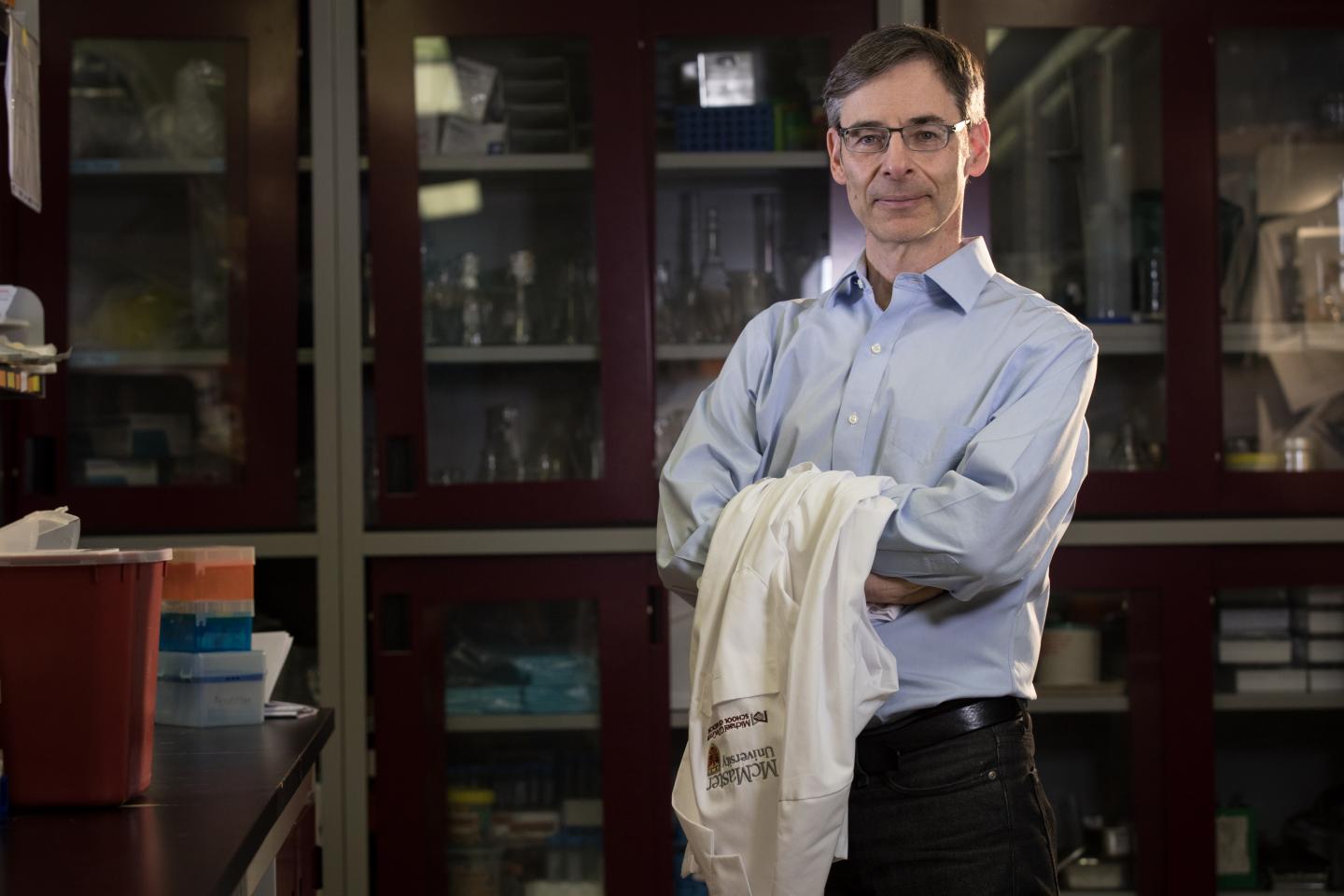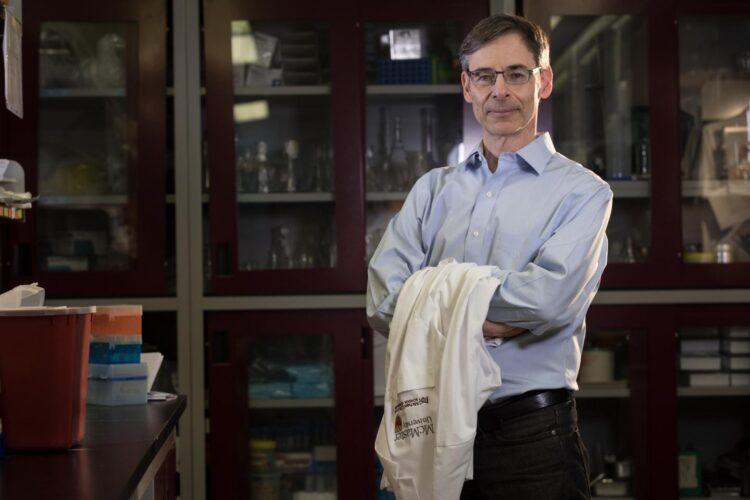
Credit: McMaster University
Hamilton, ON (April 6, 2020) – The N95 respirator masks should be preserved for health-care workers involved in inserting breathing tubes for patients with COVID-19. More common medical masks are fine for all other COVID-19 treatment, says preliminary research from McMaster University.
A systematic review of four randomized controlled trials on masks done between 1990 and last month shows the use of medical masks did not increase viral respiratory infection or clinical respiratory illness.
However, there is a consensus that the N95 respirators, designed to fit tight and prevent inhalation of small airborne particles, are best for procedures such as intubation or bronchoscopy when health-care professionals must insert a tube through a patient’s throat.
“There is not convincing evidence that the loose-fitting medical masks are inferior to N95 respirators in protecting healthcare workers against viral respiratory infections during routine care during the pandemic,” said Mark Loeb, a professor of pathology and molecular medicine at McMaster and an infectious disease physician in Hamilton.
“But the N95 respirators are unanimously recommended by national and international guidelines for aerosol generating procedures.
“This is an important distinction at a time when there is a serous concern about a shortage of N95 respirators because of COVID-19.”
He pointed out that there have been conflicting recommendations on the use of the N95 masks. The U.S. Centers for Disease Control and Prevention and the European Centre for Disease and Prevention preferentially recommend the N95 respirator for routine care of patients with COVID-19, while the World Health Organization and Canadian Public Health Agency recommend medical masks.
“Although COVID-19 transmission is not fully understood, it’s believed to be mainly through respiratory droplets, and the medical masks provide barrier protection for that, and prevent hand to face contact.”
The study has been peer-reviewed and accepted for publication by the publication Influenza and Other Respiratory Viruses of the International Society for Infection and Other Respiratory Virus Diseases and is available online at https:/
Jessica Bartoszko, first author of the paper, said: “This evidence to support the relative effectiveness of medical masks compared to N95 respirators in routine care, might help preserve stockpiles of N95 respirators for high-risk, aerosol generating procedures.”
She is a PhD student with the Department of Health Research Methods, Evidence, and Impact.
However, the question needs further research and this month Loeb and his research team are beginning a new study on whether the N95 respirators or medical masks are the best option for health-care providers caring for COVID-19 patients.
In a multi-site randomized controlled trial, nurses will use either a medical mask or N95 respirator when providing care for patients with fever and respiratory illness.
“This study is critical to ensure we’re using personal protective equipment correctly during this, and any future infectious disease outbreak,” said Loeb.
###
The new research is funded through a gift of $300,000 from Hamilton philanthropists Charles and Margaret Juravinski as part of their $3.3 million donation announced April 3 to fast track COVID-19 and brain health research in Hamilton.
For more information:
Veronica McGuire
Media Relations
McMaster University
905-525-9140, ext. 22169
Veronica McGuire
Media Relations
Faculty of Health Sciences
location: HSC-2E47
phone: (905) 525-9140 x 22169
email: [email protected]
Media Contact
Veronica McGuire
[email protected]





